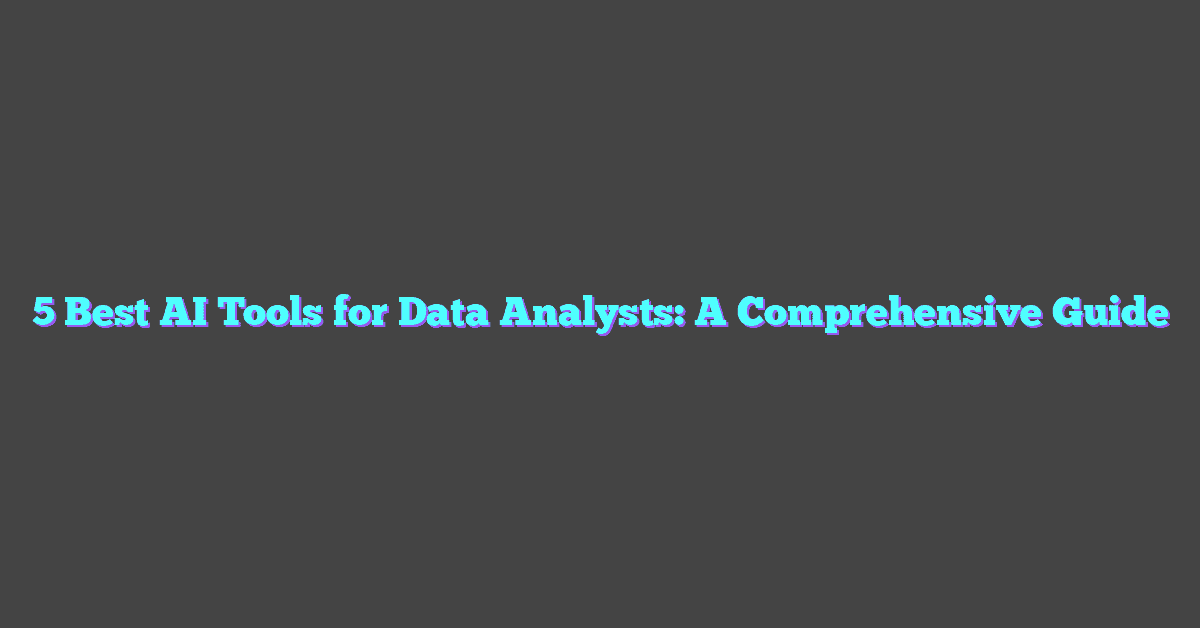Key Takeaways
- Deep Gameplay Insights: AI analyzes replays to uncover patterns, critical moments, and strategic opportunities, enhancing player understanding and decision-making.
- Automated Highlight Detection: Identifies and flags key game segments automatically, allowing players and coaches to focus on the most impactful moments.
- Comprehensive Performance Metrics: Provides detailed statistics on player actions such as accuracy and reaction time, enabling data-driven training and improvement.
- Increased Analysis Efficiency: Streamlines the replay review process by reducing manual effort and delivering instant, actionable feedback.
- Future Innovations: Emerging technologies like real-time analysis, AR/VR integration, and predictive analytics are set to further revolutionize game replay analysis.
Imagine reliving your favorite game moments with pinpoint accuracy and deep insights. That’s the power of AI in game replay analysis. Gamers and coaches alike are leveraging artificial intelligence to break down plays, understand strategies, and enhance performance like never before.
By analyzing replays, AI can identify patterns, highlight key decisions, and offer actionable feedback. This technology not only saves time but also uncovers hidden opportunities for improvement. Whether you’re a casual player looking to up your game or a professional aiming for the top, AI-driven replay analysis provides the tools you need to succeed.
Dive into the world where artificial intelligence meets gaming, and discover how this innovative approach is transforming the way we play, learn, and compete.

Key Features of AI-Powered Replay Tools
AI-powered replay tools offer advanced functionalities that enhance game analysis for players and coaches alike. These tools leverage machine learning algorithms to provide deep insights into gameplay.
Automated Highlight Detection
Automated Highlight Detection identifies critical moments in a game, such as clutch plays, strategic maneuvers, and key decision points. By scanning entire replays, the AI flags segments that significantly impact the game’s outcome. This feature ensures that users focus on the most influential parts of their gameplay, facilitating targeted improvement.
Player Performance Metrics
Player Performance Metrics track various aspects of a player’s actions, including accuracy, reaction time, and decision-making efficiency. The AI aggregates data from multiple replays to generate comprehensive statistics. Coaches and players can visualize these metrics to identify strengths and areas needing improvement, enabling data-driven training strategies.
Benefits of Using AI for Replay Analysis
AI-powered replay analysis offers numerous advantages for gamers and coaches, enhancing both understanding and efficiency.
Enhanced Gameplay Insights
AI provides deeper insights into gameplay by:
- Identifying patterns in player movements and strategies.
- Highlighting critical moments that influence game outcomes.
- Analyzing weapon and resource utilization effectiveness.
- Detecting recurring mistakes and areas for improvement.
These insights enable players to refine tactics and make informed decisions during matches.
Time Efficiency
AI streamlines replay analysis by:
- Automating the review process, reducing hours of manual scrutiny to minutes.
- Generating comprehensive reports instantly after gameplay sessions.
- Providing real-time feedback during practice, accelerating learning curves.
- Organizing and summarizing key events for quick reference.
This efficiency allows players and coaches to focus more on strategy development and less on time-consuming analysis.
Challenges and Limitations
While AI enhances game replay analysis, several challenges and limitations persist.
Data Privacy Concerns
AI systems process vast amounts of gameplay data, which may include personal information. Ensuring data is securely stored and accessed minimizes the risk of unauthorized use. Compliance with regulations like GDPR and CCPA is essential to protect user privacy. Additionally, implementing robust encryption and access controls helps prevent data breaches, maintaining user trust and adhering to legal standards.
Accuracy and Reliability
AI’s effectiveness depends on the quality of input data and algorithm precision. Inaccurate data can lead to flawed analysis, while complex strategies might be misinterpreted by AI models. Continuous training with diverse datasets enhances accuracy, reducing false positives and negatives. Regular updates and validation against expert analyses ensure reliability, allowing users to depend on AI-generated insights for meaningful gameplay improvements.
Future Trends in AI for Replay Analysis
Advancements in machine learning will drive real-time replay analysis, enabling instant feedback during gameplay. This enhances player decision-making by providing on-the-spot insights and adjustments.
Integration with augmented reality (AR) and virtual reality (VR) is expected to revolutionize replay analysis. These technologies will offer immersive experiences, allowing players to review their actions from multiple perspectives and improve spatial awareness.
Personalized coaching using AI will become more sophisticated. AI systems will tailor training programs based on individual performance metrics, ensuring targeted improvement areas and maximizing training efficiency.
Predictive analytics will play a crucial role in anticipating player behavior and game outcomes. By analyzing historical data, AI can forecast potential moves and strategies, helping players prepare for various scenarios.
Cross-game adaptability will increase as AI models become more versatile. Advanced algorithms will apply learned patterns from one game to others, broadening the scope of replay analysis tools and benefiting a wider range of gamers.
Enhanced data privacy measures will address existing concerns. Future AI systems will incorporate robust security protocols and compliance features, ensuring the safe handling of gameplay data and protecting user information.
| Future Trend | Description |
|---|---|
| Real-Time Analysis | Instant feedback during gameplay for immediate decision-making |
| AR and VR Integration | Immersive review experiences from multiple perspectives |
| Personalized Coaching | Customized training programs based on individual performance metrics |
| Predictive Analytics | Forecasting player behavior and game outcomes using historical data |
| Cross-Game Adaptability | Versatile AI models applying patterns across different games |
| Enhanced Data Privacy | Robust security protocols ensuring safe handling of gameplay data |
These trends highlight the continuous evolution of AI in game replay analysis, promising more efficient, immersive, and secure tools for gamers and coaches alike.
Conclusion
AI is reshaping the landscape of game replay analysis by offering smarter tools that enhance player performance and coaching strategies. Gamers can now gain deeper insights into their gameplay making informed decisions that lead to continuous improvement.
As AI continues to evolve the integration of new technologies like AR and VR promises even more immersive and effective analysis methods. With a focus on data privacy and algorithm accuracy the future holds exciting possibilities for both casual players and professionals seeking to elevate their gaming experience.




